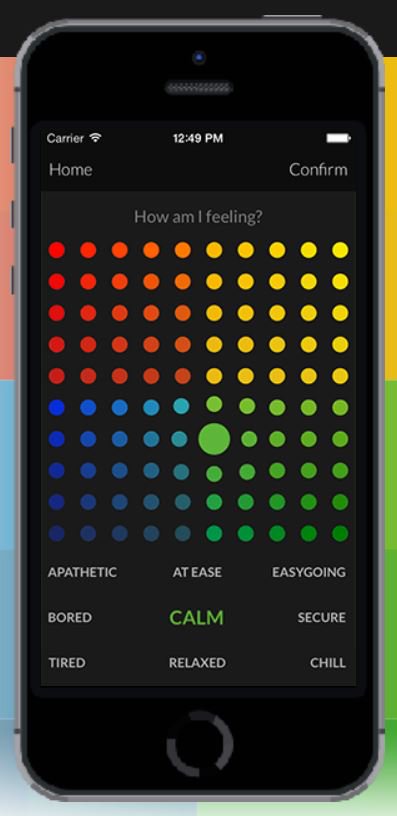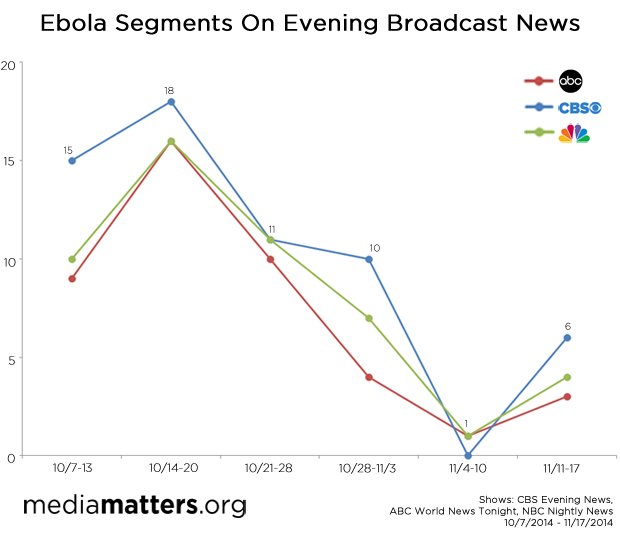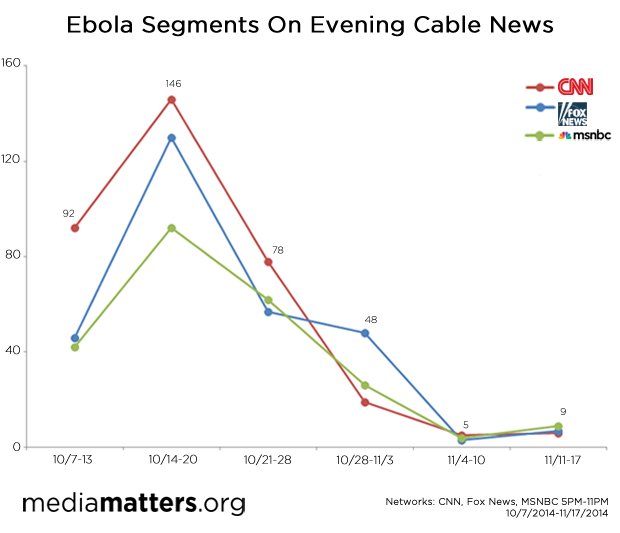"I'm going to make sure I do my exercises three times a day, every day this week like the PT said."
"I'm going to use the ice machine every day when I'm studying and when I go to sleep."
"I can't wait to use the fan bike after one month."
1. Assign someone on the sideline to talk to a person. Only one voice per person.
2. Don't tell someone what to do on the field, just give them info.





